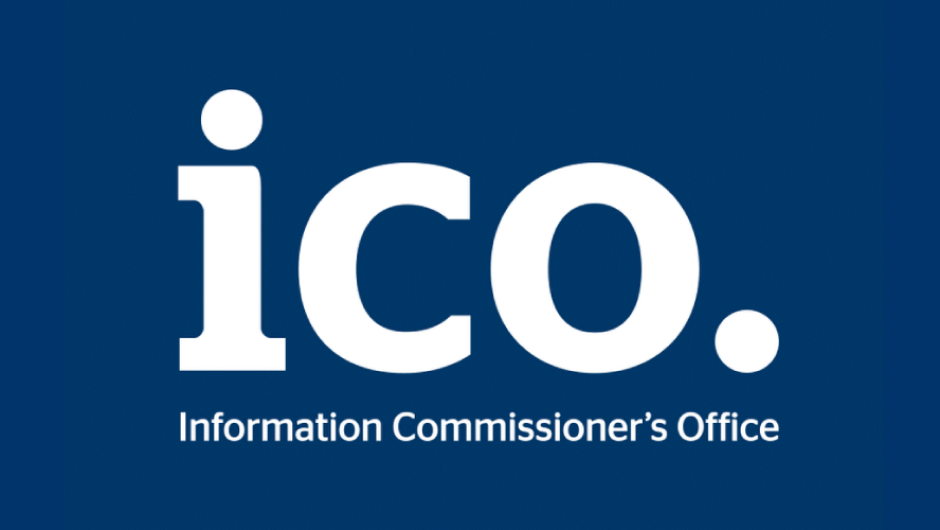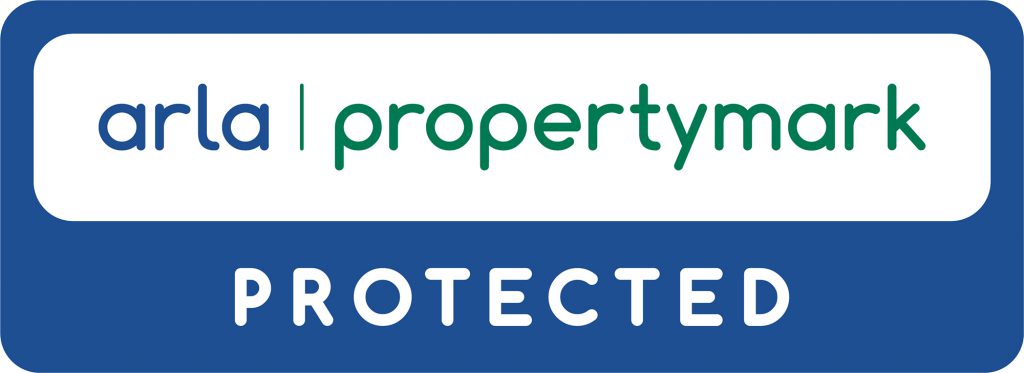1. EPC (Energy Performance Certificate)
Currently it is mandatory to have an Energy Performance Certificate when renting out a property, but there are new rules taking affect on 1st April 2018. From this date you will not be able to create, renew or extend a tenancy without an EPC rating of E or above. This means that if the property you are about to market has an EPC rating of F or G you will be required to make energy efficiency improvements to bring it up to at least an E rating. (Please note there are certain exemptions on this you can find these on the public Exemptions Register)
2. GSC (Gas Safety Certificate)
If you let a property equipped with any gas appliances, you have three main responsibilities. Firstly maintenance, you must maintain all the pipe work, chimneys and appliances. Make sure you check the manufactures instructions for each appliances find the frequency advised for each service. Secondly, Gas Safety checks, you should carry out annual gas safety checks on each gas appliance in order to ensure that they are safe to use. If you fail to do this it could end with a criminal prosecution and a fine of up to £20,000. Thirdly, you must record this and provide the tenant with this information within 28 days of moving in, if you fail to do this you will be unable to serve a section 21 notice.
3. Deposits
You are legally required to register any deposits received from the tenants with an approved tenancy deposit scheme. This must be done within 30 days of receiving the deposit. The scheme will then help resolve any issues that may arise at the end of the tenancy.
4. Legionella
Legionnaires disease is a form of pneumonia caused by inhaling droplets of contaminated water and can be potentially fatal. Landlords are legally responsible to ensure that the property is kept free from hazards and this includes legionnaires. Prices can vary for carrying out a report but are usually in the region of £80.00.
5. Smoke and Carbon Monoxide alarms
New regulations in England only have been introduced in 2015, this meant that private landlords are required to have at least one smoke alarm installed on each story of the property. A carbon Monoxide alarm must also be installed in any room that contains a solid fuel appliance i.e. a burning stove. A failure to do this can result in a fine of up to £5,000.
6. How to Rent Guide
Prior to a new tenant moving in, they must be supplied with a how to rent guide, this guide is renewed every so often and the most recent edition must be supplied to the tenant. This guide is written by The Department of Local Government and Communities and a failure to provide the tenant with this means you will be unable to serve a section 21.
7. Right to Rent Checks
Landlords in England are required to check that the applicant has the right to rent before signing a tenancy agreement with a tenant. Landlords can face civil penalties when renting illegally. There are various procedures you can do to check that the tenant has the right to rent in England.
8. Electrical Regulations
As a landlord you are required to ensure that all electrical devices are safe to use. If any of the devices are portable, you will need to carry out a PAT test ( Portable Appliance Testing) so you can be sure that all electrical goods are compliant.
9. Furniture and Furnishings
You may be letting your property furnished which means all your furnishings must comply with regulations. All furniture must all comply with the Fire Safety Regulations.
10. HHSRS (Housing, Health and Safety Rating System)
This was introduced in the Housing Act 2004 and it allows the local authorities to assess the condition of any property. The aim is to maintain high standards in the private rental sector and it also helps the local authorities identify any potential hazards.
Ogilvy and Sneyd are professional letting agents and will make sure you and your property are up to date with current legislation.











